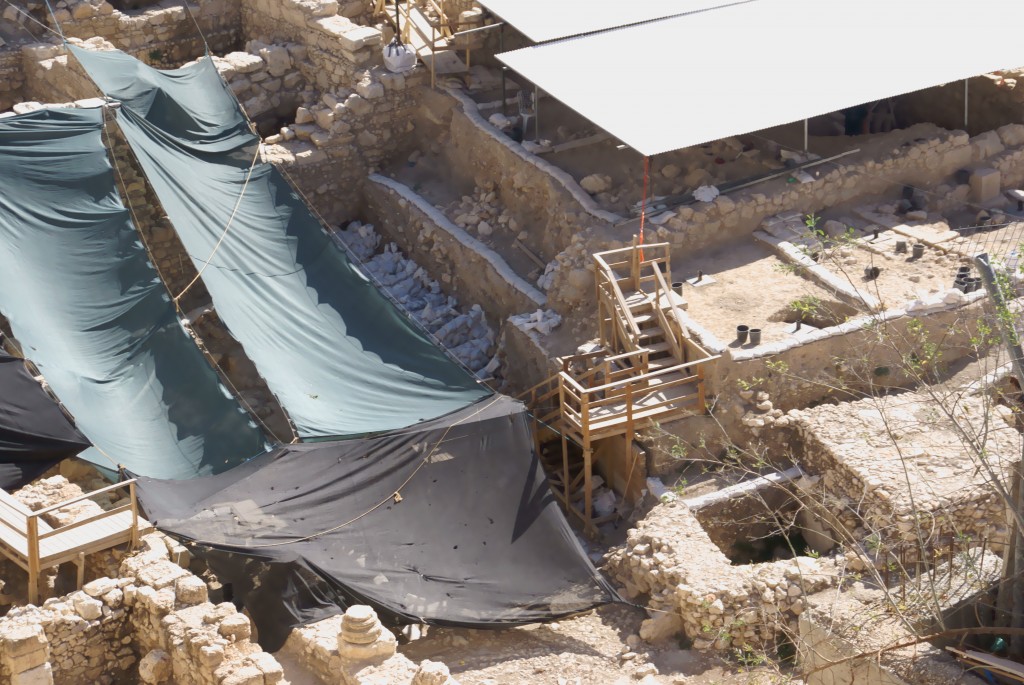It is the eve before Rosh Hashanah and I stand on a platform inside the old city. I am looking at the Dome of the Rock. It is the closest I have every come to the Dome of the Rock. Below me is the Wailing Wall with people praying.

The tour guide, points from one iconic landmark to the next, attempting excitement. It has been a talk that he has given over and over again. He talks about the Al-Aqsa Mosque, the Dome of the Rock, the Wailing Wall and the Mount of Olives where it is believed that those who are buried there will be the first to be resurrected when the Messiah comes. I confirm from the guide, given the possible benefits, that it costs big bucks to be buried there, on the hillside that others believe that key events in the life of Christ took place. To be clear, I believe none of this.

While we are standing there looking out in front of us, into the horizon, there is a pop, pop noise followed by a loud bang. This is followed by a short burst of silence before another bang, bang, pop pop; kaboom like a cannon going off. I want to know what these sounds are. The tour guide does not hear them, much like he does not see the Palestinian neighbourhood of Silwan or Ras al-Amud, slowly being swallowed by Jewish expansion. Instead of Silwan, he only speaks of the “City of David,” a Jewish archeological dig, having spent some of his time participating in digs confirming Jewish connection to the land; and for others Jewish rights to the land.
It is not until we are at lunch that we learn from the Palestinian waiter what these noises were. It turns out that the day before the holiday of Rosh Hashanah when Jews repent, asking for forgiveness for their sins, religious extremist were using the opportunity of open visits to the Al-Aqsa Mosque, to gain access to the mosque for prayer.
This particular group believe that this is the site where ancient Jewish temples used to exist and they need to pray here. Meanwhile the Chief Rabbinate of Israel forbids praying at the Al-Aqsa mosque by Jews; but these worshipers have their own agenda – much like those settlers who occupy Hebron.
When we receive the explanation from the waiter, my wife says,
“Wait a minute. You mean Jews are being allowed into the Mosque? You mean Jews are intruding upon this Muslim place of worship. I can’t believe it.”
“It’s not Jews,” he corrects my wife. “It’s Zionists. It’s the settlers. The Jews and Palestinians used to live in peace. It has nothing to do with Judaism.”
“What is it we can do to help?” my wife asks.
The waiter looks at us. He is earnest. He does not hesitate; he does not ask us to repent. In a soft voice he says, “Be Jewish, be true to Judaism.”
Shanah Tovah